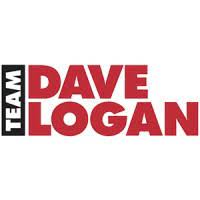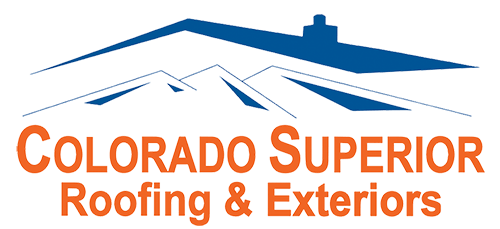Insurance Claims and Storm Damage
If you think your home or business was damaged in a recent storm, the first step is to get a free inspection done by a reputable local contractor. The reason for this is that you don’t want to have an insurance adjuster come out if you don’t have damage. Some insurance companies will penalize you for filing a claim and this could negatively affect your policy status.
If the contractor finds no damage or only minor damage, then there is no need to contact your insurance company at all. If the contractor tells you that, in their professional opinion, you have sufficient damage to file a claim, then you will want to file a claim and have your insurance company send out an adjuster. You have the right to have your contractor present at that appointment in order to represent your interests and make sure that all applicable damage is covered.
How do insurance companies pay my claim?
In most cases, about a week after the adjuster inspection, you will receive a list of damages the insurance company has agreed to pay for, along with your first check. This is the ACV (Actual Cost Value) check.
This represents the fair market value of your roof today. Much like a car, a 10 year old roof is worth less than a new roof, and the difference between those 2 amounts is called depreciation. So the ACV is the cost to repair or replace the damaged property, minus depreciation. The ACV plus the depreciation (which you will be paid later, AFTER the work is done), equals the RCV (Replacement Cost Value). Most storm damage contractors will agree to perform the work for the RCV amount paid by insurance, whatever that amount may be. So your only out of pocket expense will be your deductible.
So, for example, let’s say you have a 10 year old roof and the actual cash value of that roof is $8,000. Let’s also assume it will cost $15,000 to get your roof replaced with a new roof of like kind and quality (that would be the replacement cost value or RCV). The $7,000 difference represents the depreciation. The age and condition of the property is taken into account when calculating this depreciation. The older the roof, the higher the depreciation amount.
The insurance company will write you a check right away for $8,000 (ACV). If you do choose to have your roof replaced, then once the work is complete, your contractor will submit a certificate of completion to the insurance company for the work that was done. At that point, your insurance company will release your depreciation payment. Once received, you will either sign that check over to the contractor or deposit it into your account and issue a personal check to the contractor for the remaining balance of the work.
Keep in mind that when the work is completed, the insurance company will issue a check for the recoverable depreciation (there may also be non-recoverable depreciation in some cases but that is beyond the scope of this article- please ask your project manager to explain) only if the total expenses are equal to, or greater than the total settlement. Many people never get the final depreciation payment because they do not understand the process or the contractor they chose didn’t understand the proper procedures. When this happens you can lose thousands of dollars.
What if the amount listed on my insurance scope is not enough to get the work done?
This is where insurance supplementing comes in, and where it pays to have a contractor that is intimately familiar with Colorado insurance laws and procedures. It is common for an insurance adjuster to leave off items that are required by local code like ice and water shield or drip edge. In other cases, additional damages (like rotted decking) may not be discovered until after work begins. In still other cases, the amount provided by insurance is not enough to buy the window and have it properly installed. In all of these cases we work directly with your insurance company to get additional funds (supplements) released so that your home can be fully restored to pre storm condition.
How are supplements paid out by my insurance company?
If the insurance company agrees to a supplement, they will issue you a new scope which includes these increased amounts. These supplement amounts will become due and payable to your contractor once you have received them. Remember that additional supplements approved by your insurance company do not increase your out of pocket costs whatsoever, and you should never be billed for supplements that are not approved by your insurance company.
Remember that supplements are additional money that the insurance company has agreed to pay your contractor for work performed. This is not money that you are entitled to keep, as it raises the same insurance fraud issues discussed as covering, waiving or rebating your deductible.
At CSR, we are insurance claims experts. We even have former adjusters on staff. We will work with you through the entire process to make sure you get all the damage covered and you are paid out all amounts you are entitled to. We can handle all of the red tape and obtain permits, etc.
Colorado Superior Roofing serves the Front Range, including Lakewood, Littleton, Parker and Loveland





